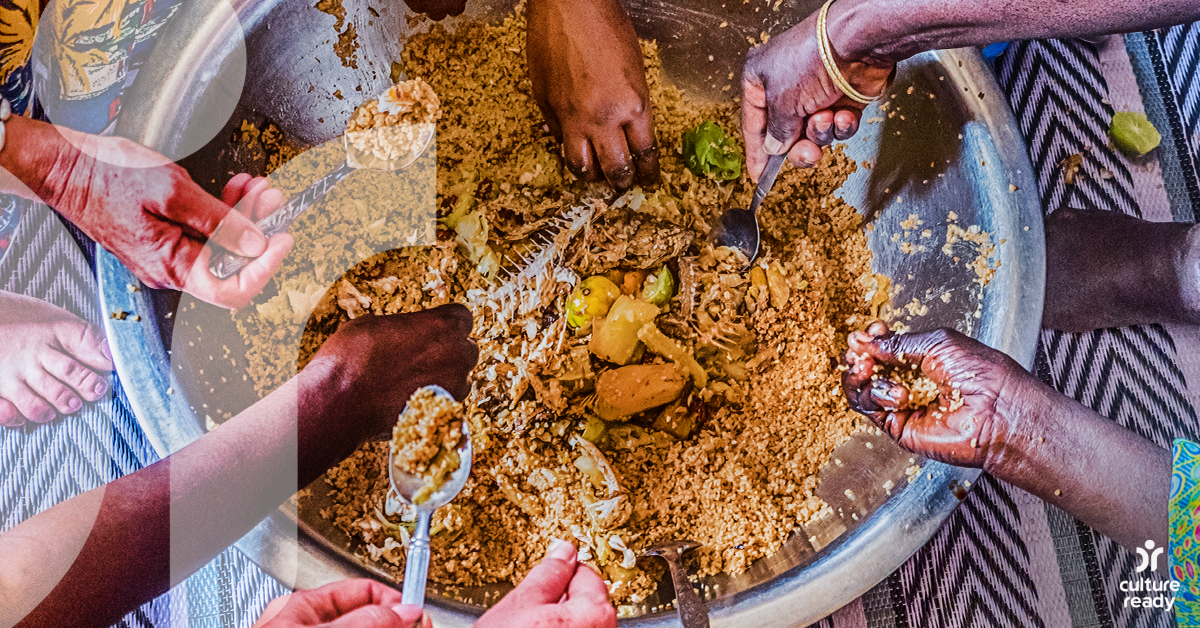Senegal: The Land of Teraanga
If you travel to Senegal, you will find yourself in the “Land of Teraanga.” Teraanga—a Wolof word that loosely translates to hospitality—is a way of life amongst the Senegalese.
The concept of teraanga embraces generosity and sharing material possessions with everyone, even strangers. This ideology built a culture of openness, familiarity, and warmth—one in which everyone, regardless of their differences, is safe and welcome.
Teraanga means people are willing to engage with others like they would their own family. Kids are encouraged to approach and trust adults. So, it’s common to see young children unsupervised in town and adults educating and guiding other children as they would their own.
While it’s hard to trace the exact roots of teraanga, many historians believe it predates European colonialism, originating in the 17th century.
“That mindset of interaction, exchange, and openness to the other could probably be traced back to the time of the big empires of West Africa,” says Dr. Ibra Sene, a Senegalese historian.
Some experts believe the modern-day concept of teraanga originated in the city of Saint-Louis, known as Ndar in Wolof—the first French colonial settlement in Senegal. Teraanga became a way for the people in Ndar to celebrate their African culture while resisting colonization.
When Senegal gained independence in 1960, teraanga became a way to shape the country’s national identity. It’s especially prevalent in Senegalese food culture. When cooking a meal, the host always prepares an extra plate in case there is an unplanned guest who stops by. The best pieces always go to the guest.
Teraanga is also partially credited with helping Senegal earn the World Bank’s classification as one of “Africa’s Most Stable Countries.” Although the country is made up of several ethnic groups and religious sects, they have mostly avoided political coups and ethnic violence due to the society’s shared value of oneness.
While Senegal is primarily a Muslim nation, Christians prepare gnalax, a meal made from millet, peanut butter, and baobab fruit powder, to share with their Muslim neighbors around Easter. During Eid al-Adha, Muslims will do the same and share roasted lamb with their Christian friends and neighbors.
The welcoming spirit of teraanga begins in neighborhoods. However, the hospitality doesn’t stop there and extends to strangers and visitors with open arms.
Learn More:
Teraanga: The Word that Defines Senegal
Senegalese Spirit: Discovering the Meaning of Teraanga
